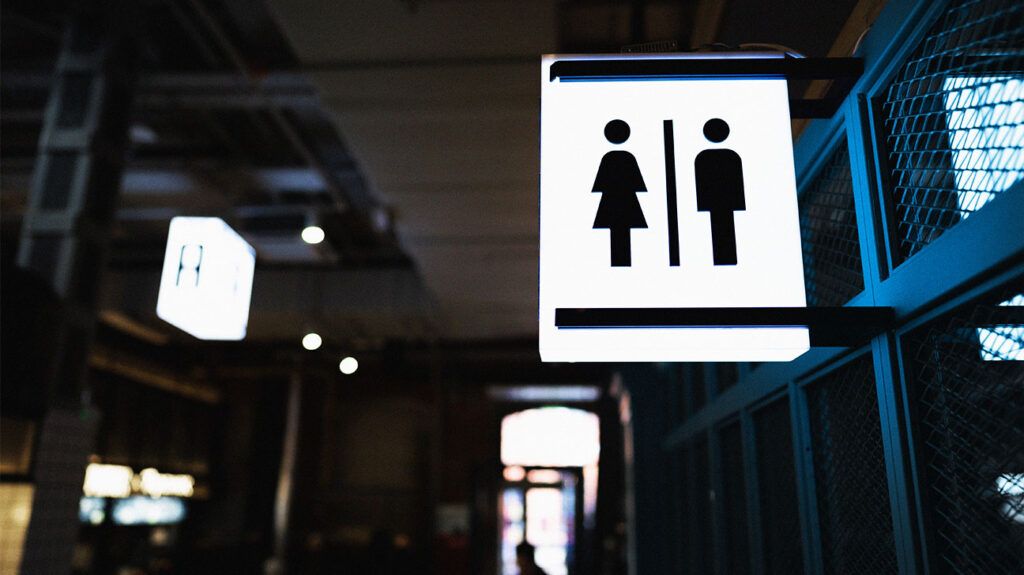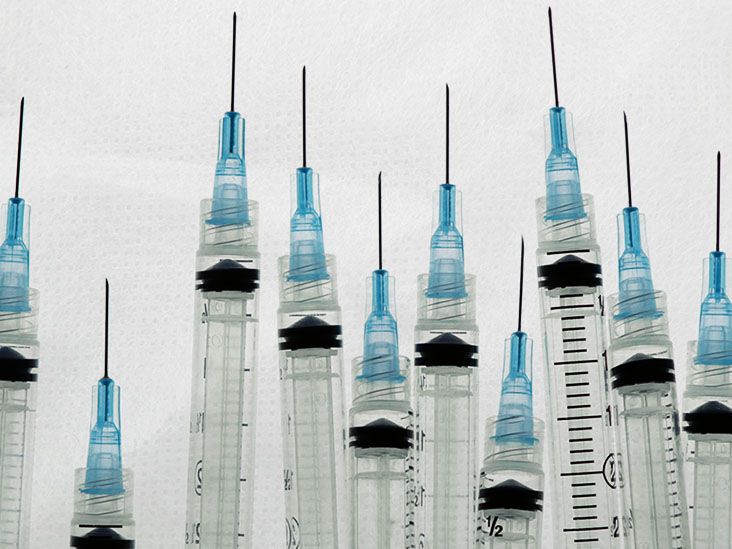Researchers do not know the exact cause of interstitial cystitis. However, some possible causes include chronic inflammation and stress, fibrosis, and problems with the immune system.
Interstitial cystitis is a chronic health condition that causes urinary symptoms, such as pain, pressure, and discomfort in the lower abdomen and pelvic area. People with the condition may experience a strong, painful urge to urinate many times per day.
This article explores the potential causes of interstitial cystitis and symptom flares. It also discusses risk factors for the condition.
A note about sex and gender
Sex and gender exist on spectrums. This article will use the terms “male,” “female,” or both to refer to sex assigned at birth. Learn more.

A
However, some causes of interstitial cystitis may include:
- problems with the immune system, such as autoimmunity, in which the immune system mistakenly attacks healthy tissues in the body
- chronic inflammation
- bladder fibrosis, or the formation of permanent scar tissue in the bladder
- chronic stress
- neurogenic inflammation, which refers to inflammation resulting from neuron activity in the peripheral nervous system rather than immune system activity
- problems with the pelvic floor
- heightened pain sensitivity due to an increase in gray matter volume in the
outer layerTrusted Source of the brain - problems with the specialized cells that line the urinary tract
- mast cell overactivity or other problems with mast cells, which are a type of immune cell
- abnormal development of blood vessels, which may appear as bladder hemorrhages during cystoscopy
- increase in sensitivity or rapid increase in the amount of sensory afferent fibers, which are a type of nerve fiber that help carry sensory information to the brain
According to an older 2015 study based on anecdotal reports, people with interstitial cystitis may experience symptom flares, or worsening symptoms, if they:
- skip meals or experience dehydration
- have a urinary tract infection
- are experiencing stress or certain emotions, such as anger or sadness
- urinate or hold urine for too long
- engage in sexual activity
- have a menstrual period
- experience allergic reactions
- drink alcohol
- take certain medications, like antidepressants, sinus medications, or pain relievers
- forget to take their medications
- feel changes in the seasons or the weather
- eat certain foods
- do certain physical activities, such as pushing or lifting heavy objects
- wear tight pants and underwear
- stand for long periods of time
- have a Pap smear
- go through sudden or bumpy movements
- are in pool water with certain chemicals or use laundry detergents with certain chemicals
- use certain brands of toilet paper
However, it is important to note that triggers of interstitial cystitis symptom flares may vary among individuals. In some cases, a person may not be able to identify specific triggers of these flares.
Additionally, the list of examples above came from a large group of people. Some of the examples of potential symptom triggers may be more commonly experienced than others. However, the study authors did not discuss this in detail.
Diet and interstitial cystitis symptom flares
Some people report that their interstitial cystitis symptoms worsen when they consume
- coffee and other caffeinated beverages
- soda
- citrus juices and drinks
- alcoholic beverages
- foods containing artificial sweeteners
- hot and spicy foods
- tomatoes and other acidic foods
- chocolate
- foods containing monosodium glutamate (MSG)
Doctors recommend eating a balanced diet and staying hydrated to help support bladder health. A person may want to try keeping a food diary to help work out if any foods may be triggering interstitial cystitis symptoms.
It is best for a person to speak with a healthcare professional before making any significant changes to their diet.
A 2024 review of research suggests that females are
However, the review authors also noted that the condition may be underdiagnosed in males. This may be due to doctors misdiagnosing some males with chronic prostatitis.
Scientists
Additionally, some people report that certain factors worsen or trigger interstitial cystitis symptoms. Some of these factors include eating certain foods, experiencing stress, and skipping meals.
A person should speak with a doctor if they are experiencing interstitial cystitis. A healthcare professional can offer advice about managing and preventing symptom flares.

